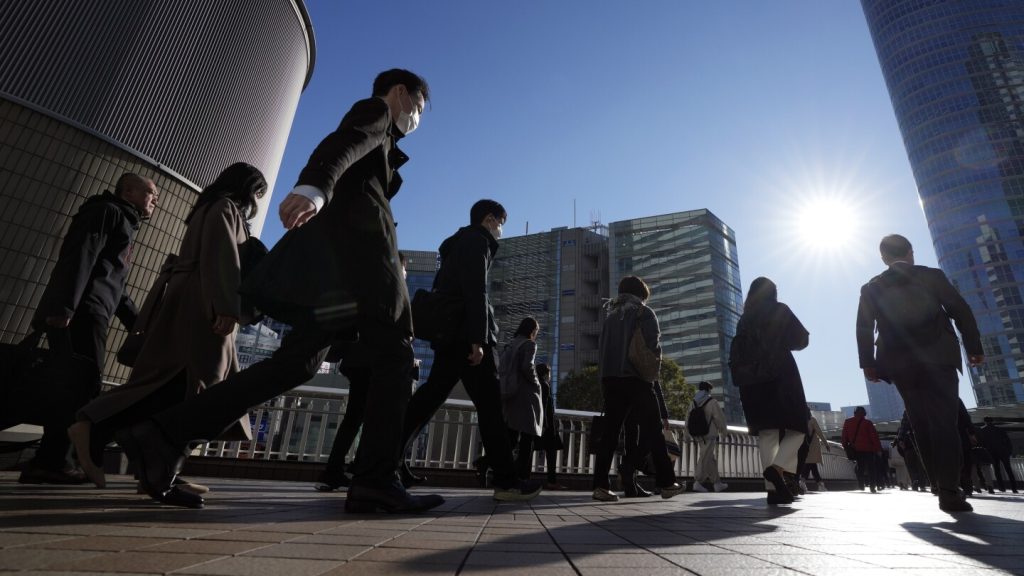Japan’s economy experienced a robust growth rate of 3.1% in the April-June period, marking a significant rebound from the previous quarter’s contraction. This growth was fueled by strong domestic demand, with household consumption, private sector investments, and government investments all showing positive trends. Additionally, exports saw a substantial increase of 5.9%. This growth comes after a period of economic fluctuations, with the GDP shrinking 0.6% in January-March and experiencing weak expansion in the preceding quarters.
However, despite the positive economic indicators, there is a sense of uncertainty surrounding the future policy direction of Japan’s government. Prime Minister Fumio Kishida recently announced that he will not seek reelection as the head of the ruling Liberal Democratic Party, creating a leadership vacuum. With no strong contender to take over Kishida’s role, analysts are unsure about the next government’s policies. The Liberal Democrats have traditionally been credited with Japan’s economic success, but concerns about the nation’s declining influence are growing among voters.
One area of concern is inflation, as Japan has not experienced the same levels of price rises seen in other developed nations like the U.S. Inflation rates have recently hovered around 3%, contrasting with years of deflation that characterized the Japanese economy. The Bank of Japan, which had maintained zero or negative interest rates for an extended period, has started to increase rates. This decision, along with other global factors, has contributed to recent market volatility. Some analysts predict that the Bank of Japan may adopt a more cautious approach to interest rate hikes in response to market turbulence.
Overall, the recent GDP data indicate a strengthening of the virtuous cycle between income and spending in Japan’s economy. However, the political uncertainty following Kishida’s announcement adds a layer of unpredictability to the country’s economic trajectory. The next leader of the Liberal Democratic Party, who will automatically become the prime minister, will play a crucial role in shaping Japan’s future economic policies. As the world’s fourth-largest economy, Japan’s growth and stability are closely watched by global markets and investors.
In conclusion, while Japan’s economy has shown signs of resilience and growth, challenges remain on the horizon. The ongoing leadership transition in the ruling party, coupled with concerns about inflation and market volatility, present uncertainties for policymakers and investors. As Japan navigates these economic challenges, the decisions made by the next government will be critical in sustaining the country’s economic momentum and addressing the evolving needs of its population.














